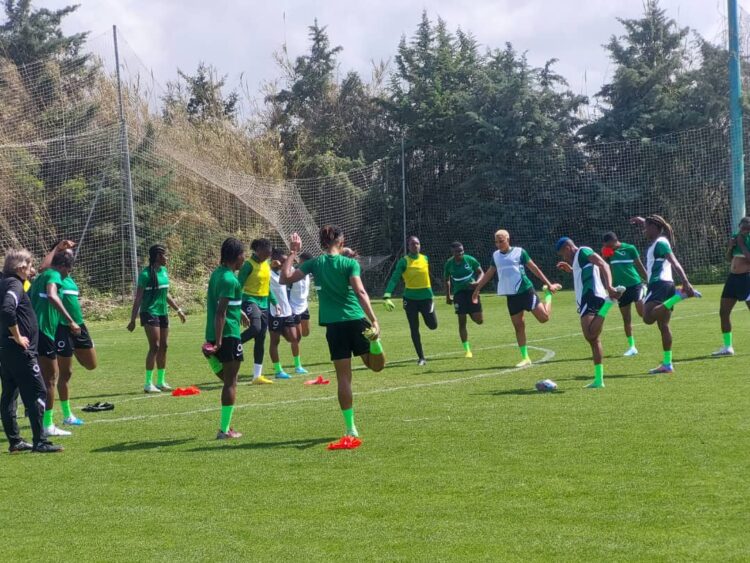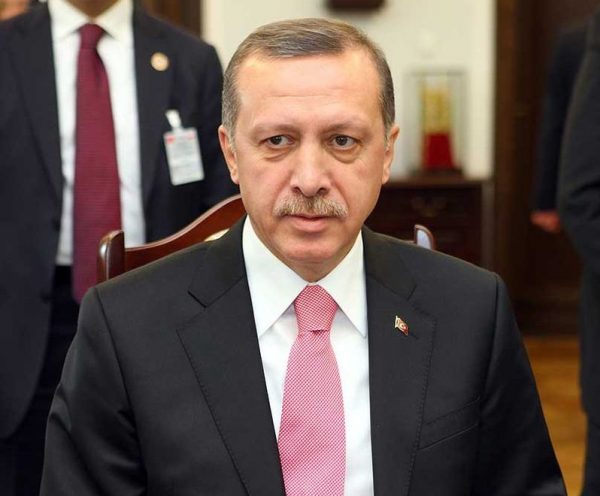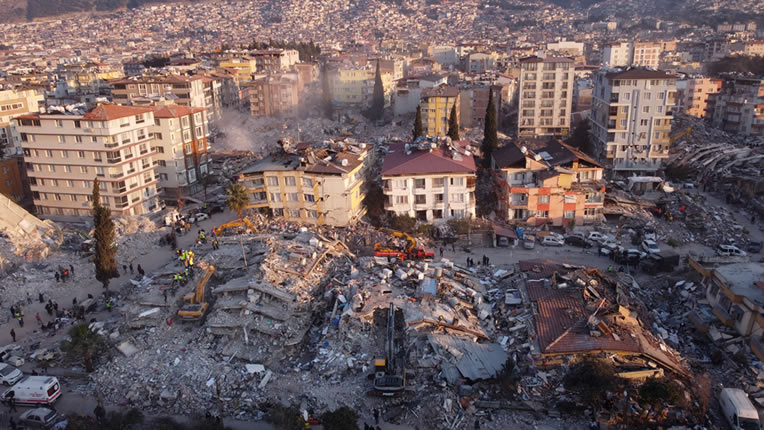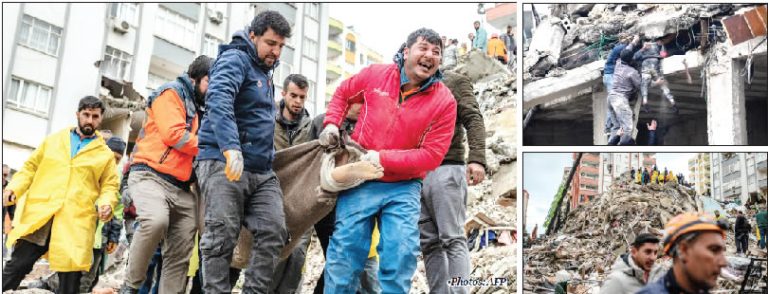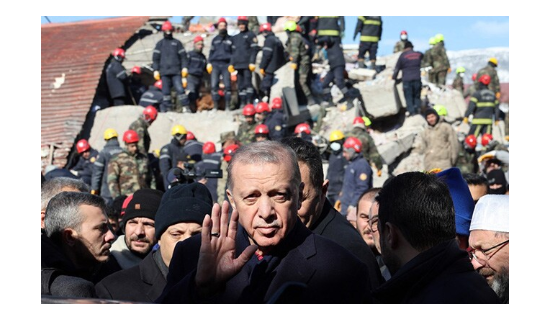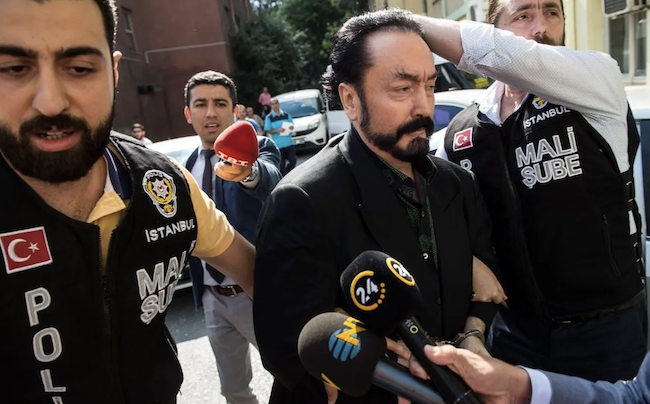Nigeria’s Super Falcons on Wednesday in Antalya had their first training session since arrival...
Turkey
Turkish President Recep Erdogan, on Sunday, said the number of people killed by...
Scientists have for years been refuting claims that the High-frequency Active Auroral Research Program,...
The bodies of seven Cypriot students killed in the powerful earthquake that hit Turkey...
The earthquake that killed more than 21,000 people across Turkey and Syria came at...
Up to 23 million people could be affected by the massive earthquake that has...
Deborah Tolu-Kolawole The National Association of Nigerian Students in Turkey has said that Nigerian...
Although there was information that some Africans might have been affected by the earthquake...
An Istanbul court, on Wednesday, sentenced a Muslim televangelist who surrounded himself with scantily...
The Minister of Transportation, Mu’azu Jaji Sambo, said yesterday that the Federal Government hoped...
